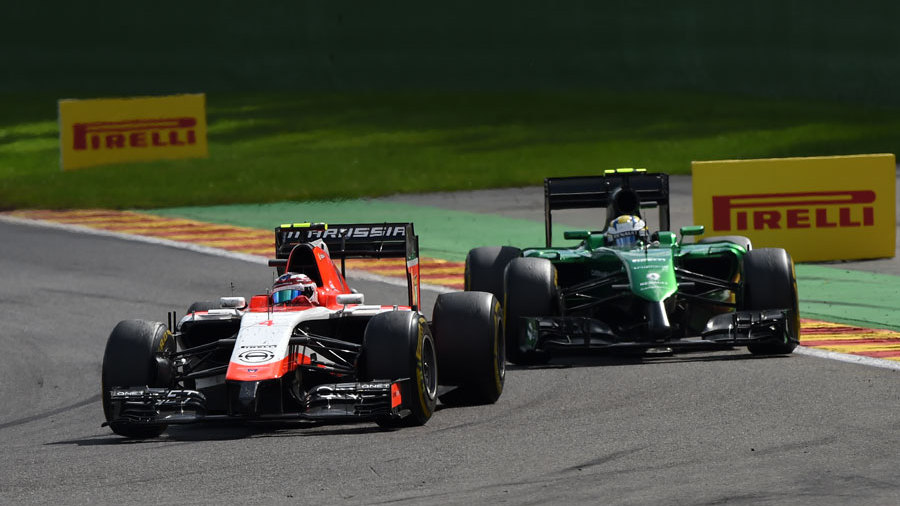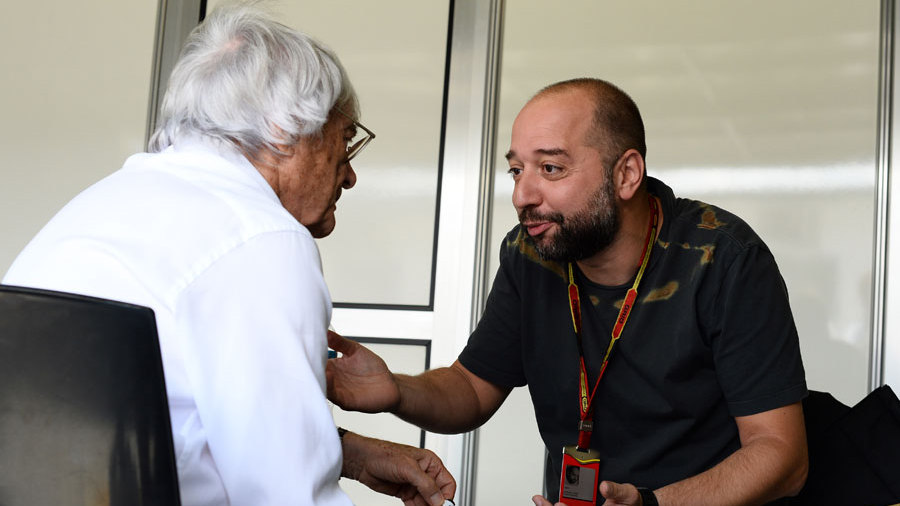

As the 2015 Formula One season gets underway in Jerez, with cars either lapping like metronomes or leading to lots of banging and cursing behind closed garage doors, it is easy to forget that there is more to racing life than can be found in the confines of this historic Spanish town.
The Jerez paddock is notable not only for the new cars and driver swaps that mark the start of every season, but also for the high-profile absences who have little to no interest in testing.
Many of those who finance, govern, and promote Formula One stay away from pre-season testing. Generally speaking it makes sense, for testing - as I wrote here yesterday - really is for the teams, and not for the rest of us. But it was a surprise, last year, that so few of the sport's big-wigs were interested in the outcome of F1's largest regulatory overhaul in recent memory.
This year, with the notable exception of Honda's return as an engine supplier, the biggest pre-season stories - or the issues likely to lead to the big stories over the next few months, at least - are taking place far from the confines of the Circuito de Jerez, and the powers that be are busy fire-fighting in distant lands.
There has been much speculation about the financial health of numerous teams over the course of the winter, with the late-2014 demises of Caterham and Marussia bringing F1's finances to the forefront of everyone's minds. At least two of the teams who currently plan to be on the grid in Melbourne are struggling to pay their suppliers for basic components, while a third has had all lines of credit cut and can now only pay for their parts upfront.
Budgetary problems such as these would ordinarily be confined to the team or teams in difficulties. But with only nine teams currently aiming to attend the first Barcelona pre-season test, and three of those in various degrees of financial trouble that could impact their ability to race in Albert Park, cash-flow issues are now the sport's problem. Circuit contracts include a minimum grid size, and the next six weeks will see F1's major players move heaven and earth to ensure 18 cars for the Australian Grand Prix.
Short-term financial fixes are one thing, and can be resolved by a generous white knight riding to the rescue to protect his investment. What the sport really needs is a financial overhaul to match 2014's regulatory revolution, and behind the scenes the FIA is doing all it can to find a solution practical enough to keep the sport financially sustainable for smaller teams while giving the bigger teams an incentive to remain involved.

Another issue facing all and sundry - and which ties in with the money - is the sport's appeal to fans. The reasons for declining TV viewership and empty circuit grandstands need not be repeated, but because this is a problem affecting big and small teams alike - with sponsorship rates dropping as the viewing figures go down - the teams have united to try and fix it.
The Promotional Working Group was formed at the tail end of the 2014 season, and while the members have now met on several occasions they have not yet publicised their plans. What is known is that the PWG was formed with a view to making the sport more appealing for everyone - finding ways of working with FOM, the FIA, F1's host circuits, and the media - to help shape Formula One into a package with broader fan appeal. Rather than improving the show from a technical standpoint, if the PWG is able to create a new promotional show around grands prix, bringing F1 to the fans rather than the other way round, interest in the sport should deepen as access improves.
Far from Jerez-de-la-Frontera, 2015's big off-track battlelines are being drawn and plans laid. Winter testing may grab all the headlines, but that simply gives the puppetmasters more time to practice their routines far from the media spotlight.
